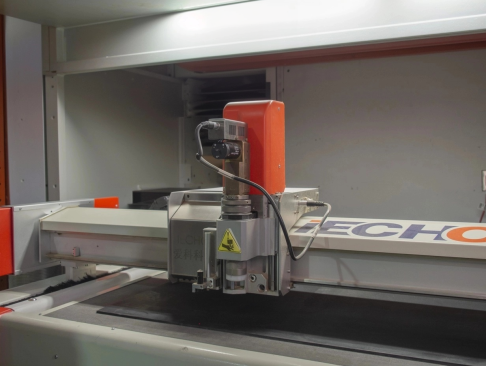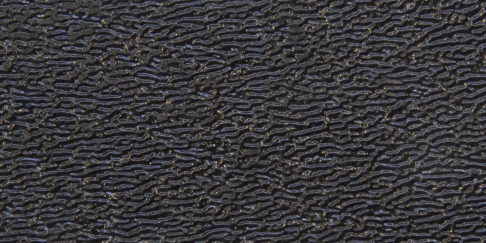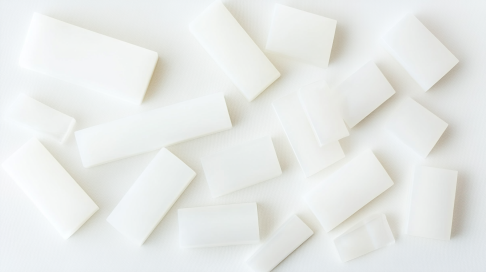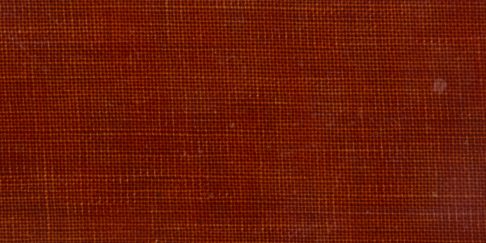Machining subcontractor for over 30 years!
Aluminium, a lightweight and high-performance metal

About aluminum
Aluminum is a non-ferrous metal known for its lightness, its resistance to corrosion, and its high thermal and electrical conductivity. Used in a multitude of industries, from aerospace to automotive and even architecture, aluminum stands out for its excellent strength-to-weight ratio. In addition to being robust and easy to work with, it is 100% recyclable without losing its properties, making it a sustainable and environmentally friendly choice.
Characteristics
Mechanical performance
- Exceptional lightness: three times lighter than steel, aluminum allows for reducing the weight of structures without compromising their strength.
- Good tensile strength: depending on the alloy used, it can offer very good mechanical strength while remaining malleable and easy to work with.
- Ductility and machinability: easy to extrude, cut, and weld, it enables the manufacture of complex parts with high precision.
Thermal performance
- High thermal conductivity: aluminum dissipates heat effectively, making it a preferred choice for cooling systems and heat exchangers.
- Resistance to moderate temperatures: it retains its mechanical properties up to about 200-250°C before it starts to soften.
Chemical performance
- Excellent corrosion resistance: thanks to its natural oxide layer, it does not rust and withstands outdoor environments and chemicals well.
- Varied treatment options: anodizing, specialized coatings… it can be enhanced for even more resistance and aesthetics.
Practicality
- 100% recyclable: its recycling does not alter its properties, thereby reducing the environmental footprint of the industries that use it.
- Compatible with numerous manufacturing processes: ideal for CNC machining, foundry work, extrusion, and forming.
Use of aluminum
Aluminum is used in many sectors thanks to its unique properties. In aerospace and transportation, its light weight helps reduce energy consumption in airplanes, cars, and trains. In construction and architecture, its corrosion resistance makes it a preferred material for facades, windows, and metal structures. In electronics and electrical applications, its conductive properties make it a common choice for cables, heat sinks, and various electrical components.
FAQ and comparisons
Is aluminum stronger than steel?
Steel is stronger in tension than aluminum, but aluminum offers a much better strength-to-weight ratio, making it ideal for applications where lightness is essential.
Can aluminum be welded?
Yes, but it requires specific techniques such as TIG or MIG welding with adapted alloys to ensure good adhesion and strength.
Aluminum vs titanium: which one to choose?
Titanium is stronger and offers better corrosion resistance, but it is heavier and more expensive. Therefore, aluminum is often preferred for applications where weight and cost are key factors.
Is aluminum a good electrical conductor?
Yes, aluminum is an excellent electrical conductor, although it is less effective than copper. It is frequently used in electrical transmission lines due to its lightness and lower cost.
How to protect aluminum from corrosion?
Anodizing and specialized coatings further improve aluminum's corrosion resistance, particularly in marine or industrial environments.
Aluminum vs copper: which one to choose for thermal conductivity?
Copper is a better thermal conductor, but aluminum is often preferred because of its lightness and lower cost, especially for heat sinks.
Experts in aluminum machining
Our team masters aluminum machining and supports you in the realization of your industrial projects. Trust our expertise for precise, durable, and perfectly tailored parts. Contact us today to learn more!

We drive our clients’ growth through smart, customized subcontracting partnerships.








